I recently wrote a blog article entitled Block Play – What’s Really Going On? that highlighted Harriet Johnson’s research on the stages of block play. Knowledge of these stages can allow educators to gather a lot of information about children’s learning as well as help them scaffold and assess, but they are just one small piece of what is happening as children engage in this play. Thus, I bring you the sequel to my first article as a means of addressing what else is going on at the block area.
Most educators’ first thoughts are that block play is related to math. Studies do show that block play is fundamental for later success in math and that children who engage in block play will do better at math. Block play easily allows children to partake in many number sense activities such as counting blocks and subitizing or recognizing how many in a set without counting them. Geometry knowledge and spatial sense are naturally being enhanced as young learners experiment with symmetry and explore blocks of various shapes in a multitude of configurations. Measurement skills are utilized as size, volume, area, and weight of blocks are compared. Finally, classification and patterning skills emerge as blocks are sorted by shape, matched by size, or arranged in patterns.
Another fairly obvious subject area accounted for during block play is science. As blocks are explored so are properties of matter as children interact with different colors, shapes, textures, and weights of the materials they are using. Children are experimenting with gravity, force, balance, and cause and effect as they create their structures. It is not uncommon for some problem-solving and scientific reasoning to come into play as well.
Perhaps less obvious during block play is the development of art skills. Don’t you need to be a little creative when you construct the world’s best castle? Experiences with color, shape, form, and design abound. The open-endedness of blocks allows for all kinds of self-expression, making block play the unsung hero of artistic development.
Physical development is also key in the block area. Many gross and fine motor skills are honed as children handle blocks. Large muscles are strengthened as youngsters squat, bend, reach, and move through space to place blocks in their needed location. The smaller muscles of the hands and fingers benefit from gripping, stacking, and fitting blocks together. Increased eye-hand coordination is an additional asset to be gained.
The important skills of language and literacy are also improved through interactions at the block area. Because children are very willing to talk about their block creations, the opportunity for language development readily presents itself. Children can label, name, and describe in a very natural context while being able to use new vocabulary or perhaps invent a story. Reading can occur if books, signs, or labels have been added to the area. Finally, writing can be incorporated by having children draw or write about what they’ve constructed or by making signs or labels to complement their work. I’m pretty certain the need may arise for a “do not touch” or “work in progress” sign!
While the list of developing skills is too lengthy for this one blog article, I will conclude with a final area of learning that is enhanced during block play. Many social and emotional skills are utilized as children work alone or with others. Everything from making choices, taking initiative, building self-confidence, and negotiating with others can be experienced. The multitude of skills in this domain is just too long to list, but we know they can grow and thrive in this setting.
Therefore, the next time a colleague, parent, or administrator stops by the block area and comments on how the children are “just playing,” let them know what is really going on. For the long answer, hand them this article, but for the short answer simply tell them, “Everything!”.
Jennifer Fernandez
Jennifer has over 30 years of experience in education. She has degrees in Elementary Education, Spanish, and Bilingual Education and holds teaching licenses in Texas and Minnesota. She has taught PreK-2nd grade in general and bilingual settings, served as a professional learning specialist for seven years, and currently presents at state and national conferences.
Read more by Jennifer Fernandez–>

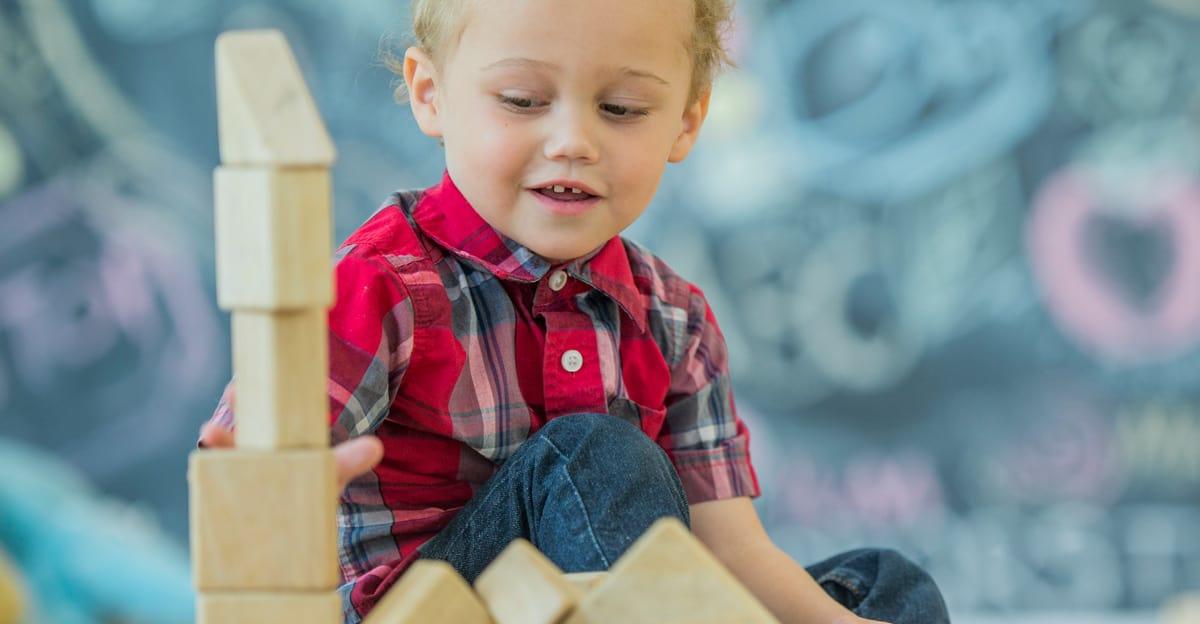
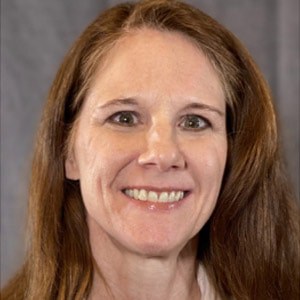
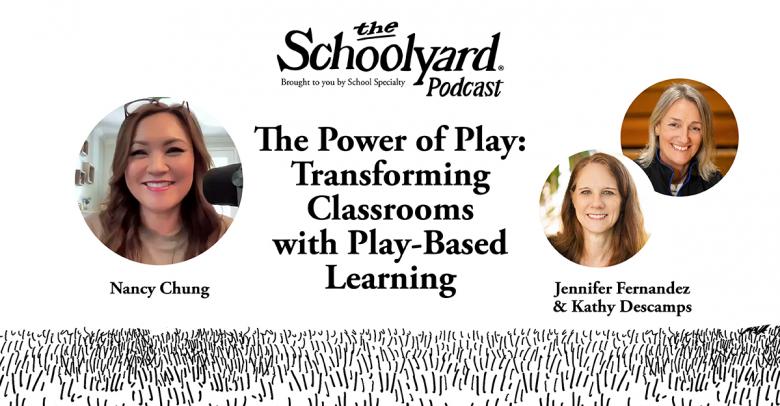
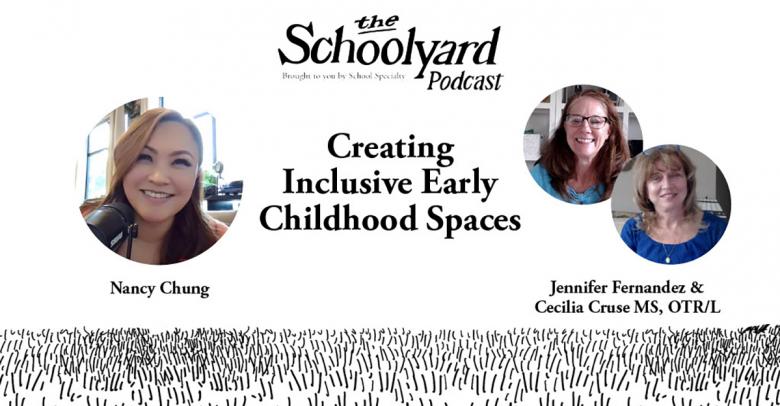
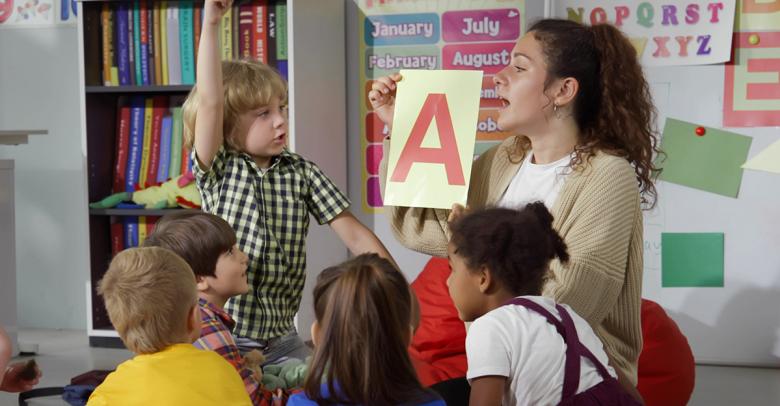
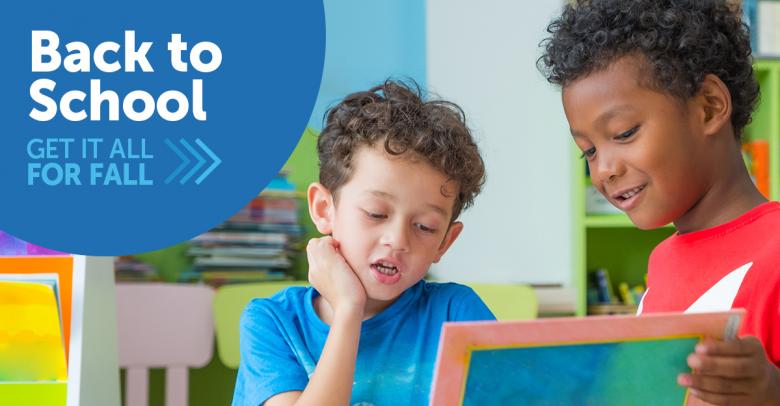
Leave a Reply